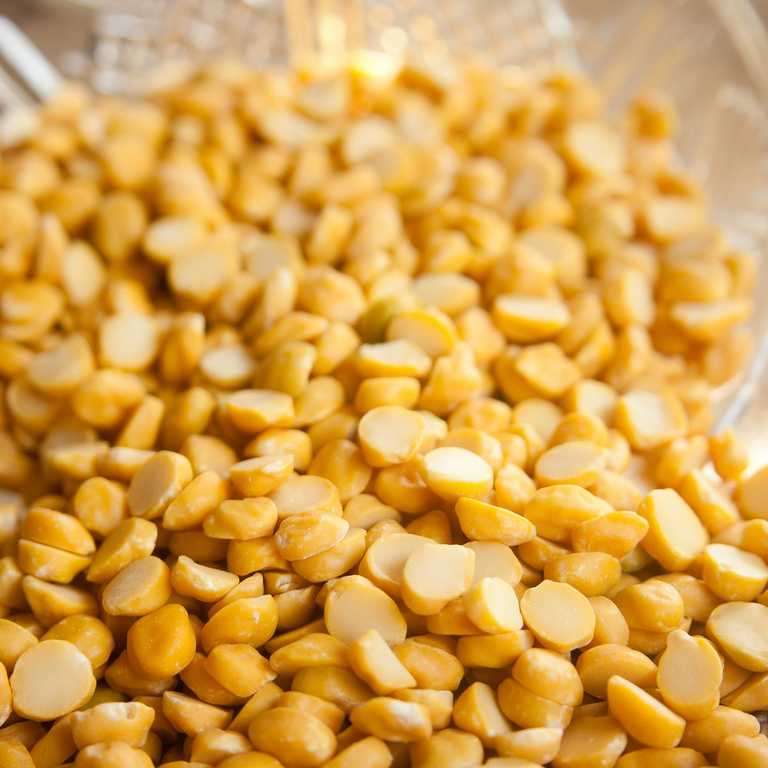Table of Content
FSSAI Releases Guidance Note on ‘Ensuring Safety of Pulses and Besan

The Food Safety and Standards Authority of India (FSSAI) released a Guidance Note on ‘Ensuring Safety of Pulses and Besan’ on March 15th, 2019.
With the incidents of adulteration in the food products on rise, this move from FSSAI is in the best interest of the safety of consumers. Pulses which form a major portion of the Indian Diet, are sometimes adulterated. Pebbles and stones in Dals, Beans, etc. are common adulterants, present intentionally or incidentally. Mixing kesari dal in arhar dal, since kesari dal is cheap and looks similar, is common malpractice. Long term consumption of kesari dal over a period of time produces Lathyrism .Lathyrism is characterized by crippling, paralysis of both lower limbs mainly in boys and men in the age group of 5 to 45 years. This disease manifests itself in 2-4 months if the diet consists of 40 percent or more of kesari dal.
High priced besan, the flour of Bengal gram, is sometimes adulterated with flours of maize, yellow pea, rice, kesari dal etc. Synthetic colors such as metanil yellow are added to besan to enhance color. Such colors are carcinogenic and may cause stomach disorders. The colouring agent methanol yellow is a prohibited substance for human consumption. It is used abundantly in coloring pulses, spices, and condiments.
The guidance document from FSSAI focuses on the sections- Reason for adulteration in Pulses and besan, its effect on the health of consumers, and methods to detect the presence of common adulterants in Pulses and besan. The specified test methods can be performed by any individual using items easily available in a household kitchen to detect adulteration in pulses and besan.
The guidance document from FSSAI serves as a guide to ensure that the pulses/besan we buy are not adulterated. The document lists following key takeaways, which we all must be aware of:
- One should not purchase pulses/besan, if it has an unpleasant odor and is bitter or gritty in taste.
- Avoid purchasing besan/pulses if living or dead insects are visible in the product.
- In case of suspicion of use of color or dye in the brightly colored products, check for artificial color as per the testing methods discussed.
- Prefer buying packed pulses/besan.
- Prefer the pulses and besan certified under AGMARK.
- Check for the FSSAI logo and license number on the packaged product.
- Always verify the Manufacturing date and Best before date, before purchasing the product.
- In case of buying Organic claimed products, look for FSSAI Organic logo (Jaivik Bharat) on the pack.
FSSAI has also specified the provisions under Food Safety and Standards Act, 2006, where the standards for various pulses and besan have been prescribed. Consumers should inform the Food Safety Department about any illegal sale of adulterated foodstuff near them.
One can share their concern via website www.fssai.gov.in or through Food Safety Connect Portal (www.foodlicensing.fssai.gov.in/cmsweb/).
References
- Guidance Note No.08/2018 related to “Ensuring safety of pulses & besan”. (Uploaded on: 15.03.2019).Available on: https://fssai.gov.in/dam/jcr:3097c018-dd08-4e98-a14e-36ca47a6390e/Guidance_Note_Pulses_Besan_15_03_2019.pdf.Accessible on: 16.05.2019.
Enquire Now
To enquire about our services please complete the form below and we will be in tough with you as soon as possible
Food Regulatory Services
- Consumer Product
- Compliance Services
- Licenses